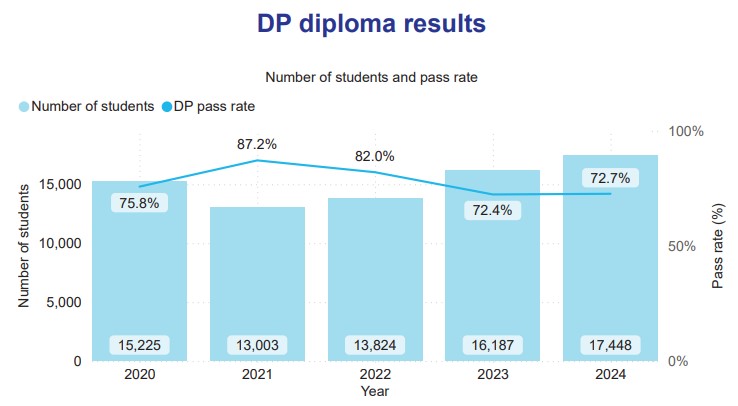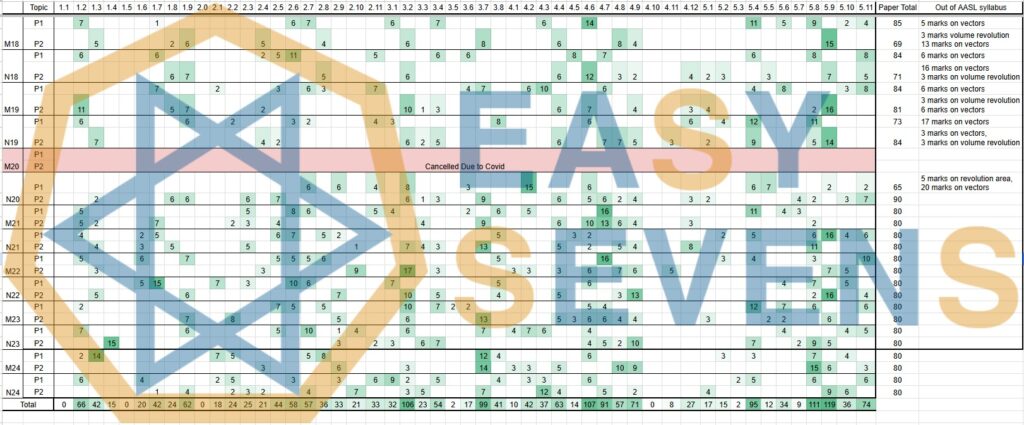Are you about to embark on the challenging journey of the International Baccalaureate (IB) Diploma Program? Congratulations! The IB program offers a rigorous and comprehensive curriculum that prepares students for higher education and beyond. To make the most of your IB experience, it’s essential to prepare adequately during the summer break. In this article, we will guide you through a 10-step action plan to help you kick-start your IB journey with confidence.
Step 1: Familiarize Yourself with the IB Diploma Program
Before diving into the IB Diploma Program, it’s crucial to have a solid understanding of its structure, requirements, and objectives. The program consists of six subject groups: Language and Literature, Language Acquisition, Individuals and Societies, Sciences, Mathematics, and the Arts. Additionally, there are three core components: Theory of Knowledge (TOK), Extended Essay (EE), and Creativity, Activity, Service (CAS). Familiarize yourself with these components, as they form the foundation of your IB experience.
Step 2: Research Your Chosen Subjects
Take the time to research and explore the subjects you have chosen to study in the IB Diploma Program. Look for reputable resources, such as textbooks, online articles, or educational websites, that provide comprehensive information about each subject. Gain insights into the syllabus, assessment criteria, and recommended study materials. This research will give you a head start and help you identify any areas of interest or potential challenges within your chosen subjects.
Step 3: Create a Study Schedule
Developing a well-structured study schedule is key to managing your time effectively and ensuring you cover all the necessary material throughout the program. Create a detailed timetable that includes dedicated slots for each subject, allowing sufficient time for revision and practice. Be realistic and consider your personal preferences and energy levels when assigning study hours. Remember to include breaks and leisure activities to maintain a healthy balance.
Step 4: Strengthen Your Language Skills
Language plays a fundamental role in the IB Diploma Program. Whether you’re studying your native language or a foreign language, it’s crucial to continuously enhance your language skills. Read widely in your chosen language(s), including books, newspapers, and online articles, to improve your vocabulary, comprehension, and critical thinking abilities. Consider joining a language club or participating in language exchange programs to practice speaking and listening skills.
Step 5: Sharpen Your Writing Skills
Writing is an essential skill in the IB Diploma Program, especially for the Extended Essay and other written assignments. Take advantage of the summer break to refine your writing skills. Practice structuring essays, developing coherent arguments, and incorporating evidence from various sources. Seek feedback from teachers, peers, or online writing communities to identify areas for improvement. By honing your writing skills, you will excel in the academic demands of the program.
Step 6: Cultivate Critical Thinking
Critical thinking is at the core of the IB Diploma Program. It involves analyzing and evaluating information, making connections between different concepts, and developing independent thoughts. Engage in activities that stimulate critical thinking, such as solving puzzles, participating in debates, or exploring real-world issues. Challenge yourself to think beyond the surface level and embrace different perspectives. Cultivating critical thinking skills will enhance your overall academic performance.
Step 7: Develop Effective Note-Taking Strategies
Note-taking is an integral part of the learning process, enabling you to review and consolidate your knowledge effectively. Experiment with various note-taking techniques, such as the Cornell method, mind maps, or the outline method, and find the one that suits your learning style. Practice taking concise and organized notes while reading textbooks, attending lectures, or watching educational videos. Refining your note-taking skills will facilitate better understanding and retention of information throughout the IB program.
Step 8: Build a Support Network
Embarking on the IB Diploma Program can be demanding, both academically and emotionally. It’s essential to surround yourself with a supportive network of friends, classmates, teachers, and family members who understand the challenges you may face. Establish study groups or discussion forums where you can exchange ideas, clarify doubts, and offer mutual support. Remember, you’re not alone in this journey, and having a strong support system can make a significant difference.
Step 9: Stay Updated with Current Affairs
The IB Diploma Program encourages students to have a broad and global perspective. To stay informed and enhance your understanding of current events, make it a habit to read news articles, watch documentaries, or follow reliable news sources. Engage in discussions with others about social, political, and environmental issues. Being well-informed about the world around you will not only enrich your academic experience but also foster a sense of global citizenship.
Step 10: Take Care of Your Well-being
Maintaining a healthy balance between academics and personal well-being is crucial throughout the IB Diploma Program. Prioritize self-care by engaging in activities that relax and rejuvenate you. Practice mindfulness, exercise regularly, and get enough sleep to ensure optimal cognitive function. Find hobbies or creative outlets that provide a break from academic stress. Remember, taking care of your well-being is essential for long-term success.
Conclusion
As you prepare for the IB Diploma Program, following a comprehensive action plan will set a strong foundation for your academic journey. Familiarize yourself with the program’s structure, research your subjects, create a study schedule, and sharpen your language and writing skills. Cultivate critical thinking, develop effective note-taking strategies, and build a supportive network. Stay updated with current affairs and prioritize your well-being. By taking these steps, you will be well-equipped to tackle the challenges and make the most of your IB experience.
FAQ
Yes, the IB Diploma Program is widely recognized and respected by universities around the world. It is often regarded as a rigorous and comprehensive program that prepares students well for higher education.
Managing your time effectively is crucial in the IB Diploma Program. Create a study schedule, prioritize tasks, and break them down into manageable chunks. Set specific goals for each study session and use productivity techniques like the Pomodoro Technique. Regularly review and adjust your schedule to ensure you stay on track.
Yes, there are numerous resources available to assist with IB preparation. Online platforms, textbooks, study guides, and past exam papers can provide valuable support. Additionally, many schools offer IB preparatory courses or workshops to help students transition smoothly into the program.
Managing stress and maintaining a healthy balance is essential during the IB Diploma Program. Practice stress-management techniques like deep breathing, meditation, or physical exercise. Take regular breaks, engage in hobbies, and spend time with friends and family. Remember to prioritize self-care and seek support when needed.
While it is possible to make changes to your subject choices early on in the program, it’s generally recommended to finalize your selections before starting. Changing subjects later may require catching up on missed content and can impact your overall workload and performance. Consult with your IB coordinator and teachers before making any changes.




